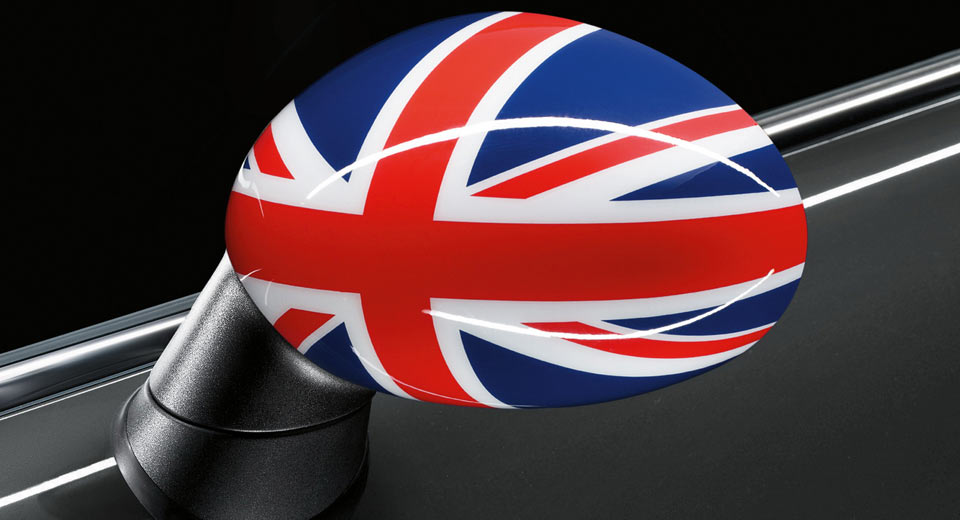The United Kingdom and Japan intend on implementing a bilateral trade agreement as soon as Britain leaves the European Union.
On a recent trip to Japan, British Prime Minister Theresa May met with Toyota chairman Takeshy Uchiyamada, Nissan chief executive Hiroto Saikawa and Hitachi chairman Hiroaki Nakanishi to reassure them about the UK’s automotive sector.
Following these meetings, as well as talks with Japanese leader Shinzo Abe, UK government sources have told Reuters that a new trade agreement is all but confirmed.
“Our intention would be for our deal to come into force pretty much immediately. That’s the UK position and they’ve (Japan) agreed to it,” the source said.
From the moment Brexit became a reality in June 2016, concerns have been rife about the future of the nation’s car industry. It is widely thought that when Britain leaves the EU, auto exports could be hit with hefty tariffs if local producers can’t source more parts from within the UK.
Chief executive at the Society of Motor Manufacturers and Traders, Mike Hawes, believes this could have widespread ramifications for the industry.
“World Trade Organisation rules would mean a 10 per cent tariff on vehicles and an average 4.5 per cent tariff on components. The cost of our production would increase more than our competitors. British competitiveness would be undermined. The cost of cars for British consumers could increase,” he told the Financial Times in July.



